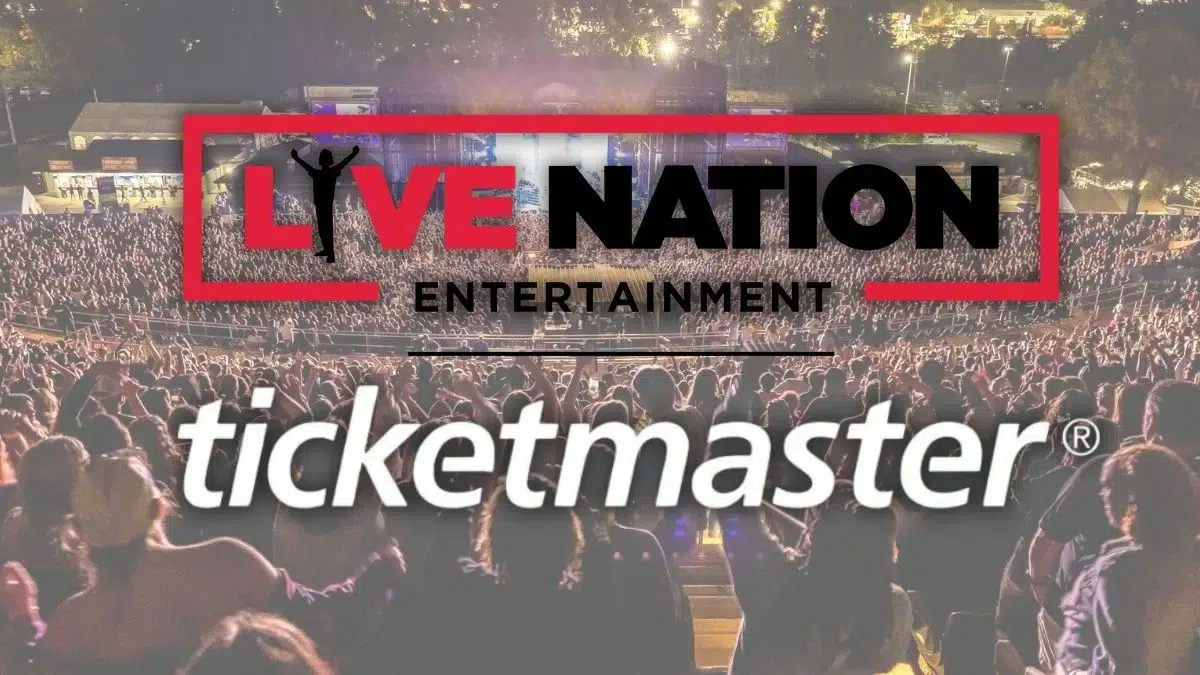Live Nation Entertainment reported another record quarter Thursday, with revenue climbing 16% year-over-year to $7 billion and adjusted operating income (AOI) up 11% to $798 million. Executives said strong stadium tours, booming international demand, and ongoing venue expansion drove the gains — along with a pricing strategy that captures more money from consumers up front.
The company’s concerts division delivered its best second quarter ever, with revenue of $6 billion (up 19%) and AOI of $359 million (up 33%). Attendance rose 14% to 44 million fans, fueled by triple the stadium attendance compared to last year and strong international growth across Europe, Asia-Pacific, and Latin America. Ticketmaster reported $9 billion in gross transaction value for the quarter, up 7% from last year.
But one driver stood out in both the company’s earnings release and the call with analysts: an aggressive shift toward what Live Nation calls “market-based” pricing. By charging closer to what the secondary market might fetch for premium seats — a practice often branded as “dynamic” or “Platinum” pricing — Ticketmaster effectively beats “scalpers” at their own game, by inflating the price a consumer must pay for tickets to the maximum potential value it might hold in a resale context.
“Ticketmaster’s net or the company is net positively impacted as we move pricing back to primary,” President and CFO Joe Berchtold told investors. “As we take the best seats and try to move them closer to market pricing, [it’s] gonna have some impact on the secondary business.” He noted the approach narrows the arbitrage opportunity for resellers and boosts primary revenue.
The earnings release underscored the same point, noting secondary ticket sales on Ticketmaster were down mid-single digits “due to increased market-based pricing in concerts and sports.” While this benefits Live Nation’s bottom line, it also means many fans now face higher prices directly from the primary seller, without the option to seek lower-cost alternatives in the resale market.
Such tactics, when considered against a background of almost zero competition existing within the primary market context in North America, only highlight the widespread calls for Live Nation Entertainment’s breakup as an anticompetitive monopoly. Live Nation did not reference its ongoing antitrust lawsuit, currently being pursued by the Department of Justice and Attorneys General representing 39 states and the District of Columbia
FURTHER READING: FTC/DOJ Comments – Live Nation pushes price caps; everyone else pushes antitrust breakup
Other highlights from the quarter included:
- 130 million tickets sold for Live Nation concerts so far in 2025, up 6% from last year.
- Over 40% of global stadium shows sold at least 95% of tickets in their first week, with more than 10% of seats priced at or near market value.
- Continued double-digit growth in on-site spending, including food and beverage sales at large amphitheaters.
- 95% of expected 2025 sponsorship revenue already committed, with new deals signed with brands including Kraft Heinz, Airbnb, and Samsung.
- Venue Nation is on track to host approximately 70 million fans this year, aided by new amphitheaters in the U.S. and an expanded venue footprint in Canada, Mexico, and Colombia.
Live Nation reaffirmed its forecast for double-digit AOI growth across major segments in 2025. Management also said it has already booked 40-50% of global stadium shows for 2026, even with potential North American venue constraints from FIFA World Cup events.
The company is investing heavily in venue expansion, expecting $900 million to $1 billion in capital expenditures this year, with $700-$800 million earmarked for new builds and refurbishments. It also expects minimal impact from tariffs on venue costs and festival supply chains.
While Live Nation’s executives avoided any mention of the Department of Justice’s pending antitrust lawsuit, their embrace of market-based pricing underscores one of the core consumer criticisms driving regulatory scrutiny — that the company’s dominance allows it to raise prices with little competitive check, pushing the cost burden onto fans.



